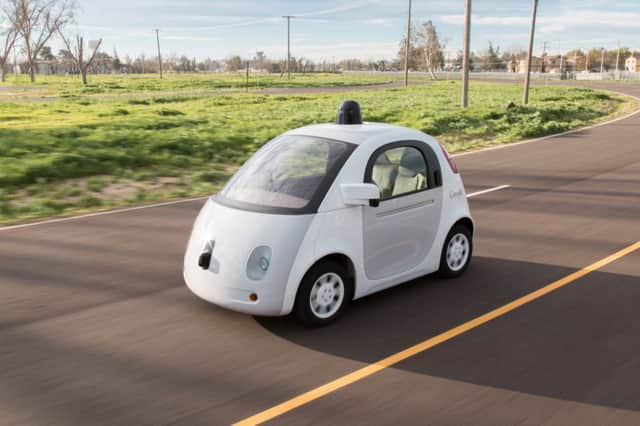Budget 2017: Disruptive technologies win funding boost


As part of his first Budget, Philip Hammond announced plans to “enhance the UK’s position as a world leader in science and innovation” by allocating £270 million to support research into “biotech, robotic systems and driverless vehicles”.
Driverless vehicle trials have already begun in several locations around the UK, including Milton Keynes and Greenwich in London.
Advertisement
Hide AdAdvertisement
Hide AdThe Chancellor also confirmed that £16 million will be used to create a hub for running trials into 5G connectivity, while £200 million will be invested to fund a programme of local projects to test ways of accelerating the roll out of full fibre broadband across the UK.
In response, analysts suggested the projected funds may struggle to have a long-term impact.
Dan Ridsdale of Edison Investment Research said: “The £270 million for disruptive technologies is unlikely to go very far.
“The technologies highlighted - biotech, robotic systems and driverless cars are all very pertinent right now but others with lower profiles are just as deserving. This would spread the funds even thinner.”
While Dik Vos, from software quality assurance firm SQS, also warned a lack of consumer trust in robotics and artificial intelligence (AI) could hamper development in the sector.
“While we welcome the innovation and extra funding this announcement will bring, retaining consumer trust in relation to such technology is critical.
“As our latest research proves, 62 per cent of UK adults believe that the technology behind AI is likely to fail, resulting in robots destroying human life.
“Precautionary measures, such as the EU’s recent vote to regulate the development of AI and robots, and continued quality assurance of the software behind AI is imperative.”